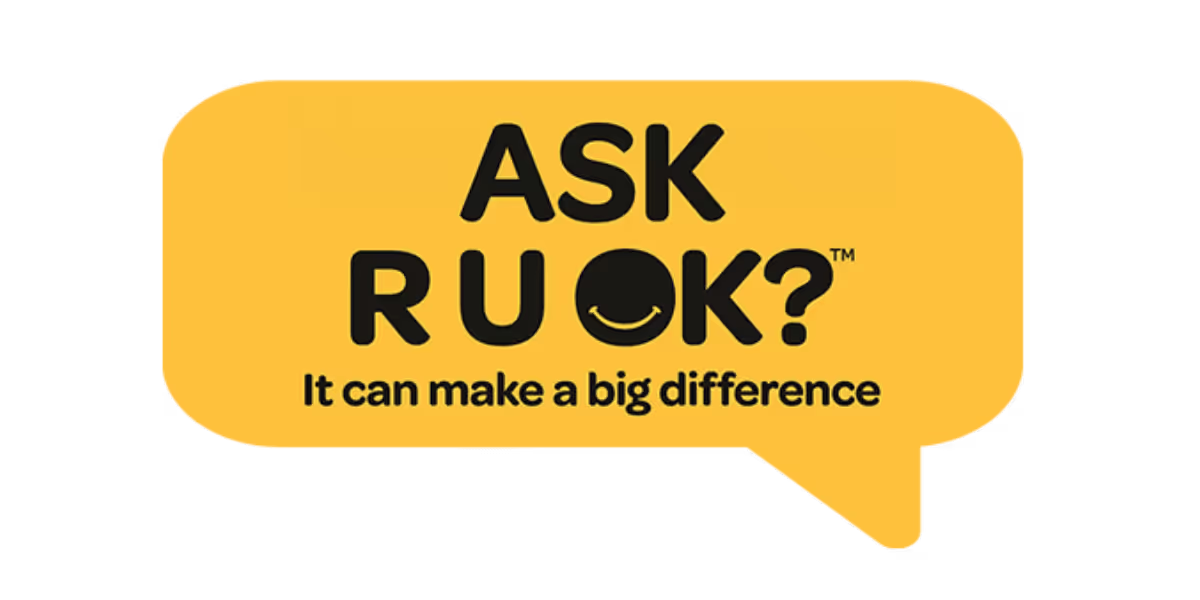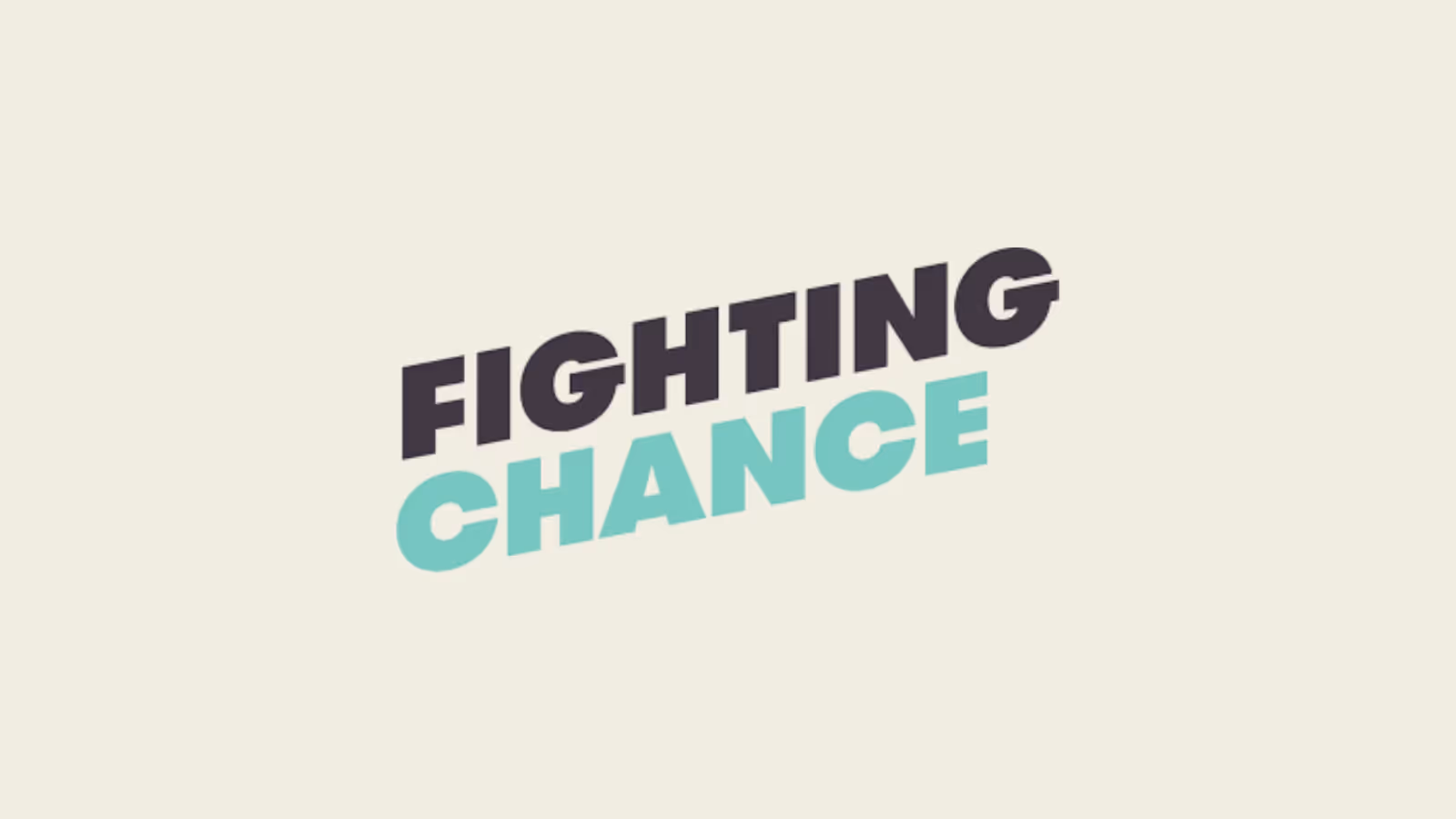Getting Prepared for R U OK? Day
Prepare for R U OK? Day with practical ways to support those struggling with mental health.

R U OK? Day is a reminder that checking in on others isn’t just a once-a-year obligation—it’s an everyday skill.
Many people hesitate to ask deeper questions because they’re worried about saying the wrong thing or making things worse.
The ABC strategy offers a simple, practical framework anyone can use to support someone who’s struggling, both at work and in life.
What To Do When Someone Isn’t OK
It’s hard to know what to do when someone discloses that they are struggling. Most of us want to help but we don’t know where to begin. We can worry that talking about the problem might make it worse; that it’s none of our business; or that we might say the wrong thing.
What makes it so much harder is that everybody is different – so what helps one person might not help another.
The truth is, though, that there are some things that you can reliably do to assist someone who discloses to you that they are struggling or not OK. And luckily the things that help are pretty simple. The Australian Men’s Health Forum (AMHF) have developed a simple ABC strategy to help:
- Ask and listen
- Build a plan
- Connect to help
A — Ask and Listen
The first step is to ask and genuinely listen without judgement. This builds trust and creates space for the person to share at their own pace.
Ask about facts.
People often find facts easier than feelings. Asking “What’s been happening?” instead of “How are you feeling?” can make it easier to open up.
Use shoulder-to-shoulder conversations.
Not everyone is comfortable talking face-to-face. Conversations flow more naturally when walking, driving, gaming, running, or doing an activity together.
Choose the right moment.
A calm, private environment leads to better conversations. People open up when they feel safe and not rushed.
Expect a brush-off.
Not everyone will talk straight away. A gentle check-in still shows you’re there for them and opens the door for future conversations.
Check your own capacity.
You can’t support someone well if you’re depleted. Make sure you’re in a good place to listen.
B — Build a Plan
Sometimes listening is enough. Other times, someone might benefit from talking through a simple, practical plan.
Let emotions settle first.
Planning only works once the intensity of the moment has passed.
Keep it their plan.
They’re the expert on their own life. You can offer suggestions, but avoid pushing solutions that worked for you—it may not be right for them.
Offer help without taking over.
Small, practical support—like helping with school pickups, sharing a meal, or doing an activity together—can be more meaningful than trying to “fix” everything.
Focus on actions, not the whole problem.
Small steps make things manageable, e.g.:
- Book a GP appointment
- Schedule a counselling session
- Commit to some alcohol-free nights
These small actions help rebuild a sense of control.
C — Connect to Help
Sometimes talking isn’t enough and more support is needed. Help them identify what that next step could be.
Options include:
- Foremind or their workplace Employee Assistance Program (EAP)
- National mental health services and helplines
- A GP appointment for a mental health care plan
- Emotional support from trusted friends or family
Remember that if someone feels like they can’t stay safe, and they need immediate support, they can call 000 or Lifeline on 13 11 14.
The last word
Supporting others is something most of us will want to do, but we often don’t know where to start. Keep the ABC framework in mind – ask and listen, build a plan, and connect to help – and you will be well equipped to look after someone you care about who is having a hard time.
Remember it’s not on you to fix or solve it, but even just giving someone a chance to talk to can help a lot.
You also need to look after yourself when you are helping other people, so if you want more information on what you should and shouldn’t do as a manager when looking after your team we have created a resource to provide some guidance.
Remember, it’s important to make sure you remember to put your life jacket on first before being able to support those around you, so please remember that you can always book in a counselling session to debrief, and make sure you prioritise time to do things to look after your own mental health.
Help is always available
Here are some useful resources for more help – for you and for your team:
- Lifeline – 13 11 14 and https://www.lifeline.org.au/ – offers fee, confidential, 24/7 telephone crisis support and lots of info and resources on their website
- Beyond Blue – https://www.beyondblue.org.au/ – info and support about mental health and suicide prevention
- Heads Up – https://www.headsup.org.au/ – the part of Beyond Blue that is specially developed for mental health in the workplace
This post has discussed challenging topics, which can be confronting for particular readers. If you need support, please feel free to contact Lifeline on 13 11 14 or 000 if you need immediate help to stay safe.
Find out more about how Foremind is making access to mental health mainstream for workers and supporting companies manage their Psychosocial Hazard compliance!

Hello 👋 I’m Joel the founder of Foremind.
Are you ready for simplified support & compliance?
Latest insights
Answers to the frequently asked questions.
Email us at enquiries@foremind.com.au and we'll get back to you quickly with a response
Yes, we have culturally competent counsellors available, including those able to work with first nation and CALD employees.
Onshore on secure AWS Servers in Sydney Australia. All data is encrypted in transit and at rest and our entire team is located in Australia.
Employees can access our platform on any device (mobile, laptop, desktop, etc.) as long you have the website link - no need to download any app on devices. You wouldn’t need to enrol any of your staff individually.- When we do our onboarding, we ask for the first name, last name and email of all your employees, and send out an email invite to all them which will allow them to create their own individual account to access the platform. For new staff we can also invite them or provide you with a unique link to embed in your onboarding process, whichever is more convenient for you. We also kick things off with a launch webinar or video to make sure everyone is aware of Foremind and how to use it. We’ll also provide you with any collateral such as posters, QR codes, brochures etc. to help drive awareness and encourage people to create an account in the platform.
The support line is answered by our reception service 24/7. It is for urgent platform or session-related issues only (e.g. *“My counsellor didn’t show”*) or helping staff create an account.






